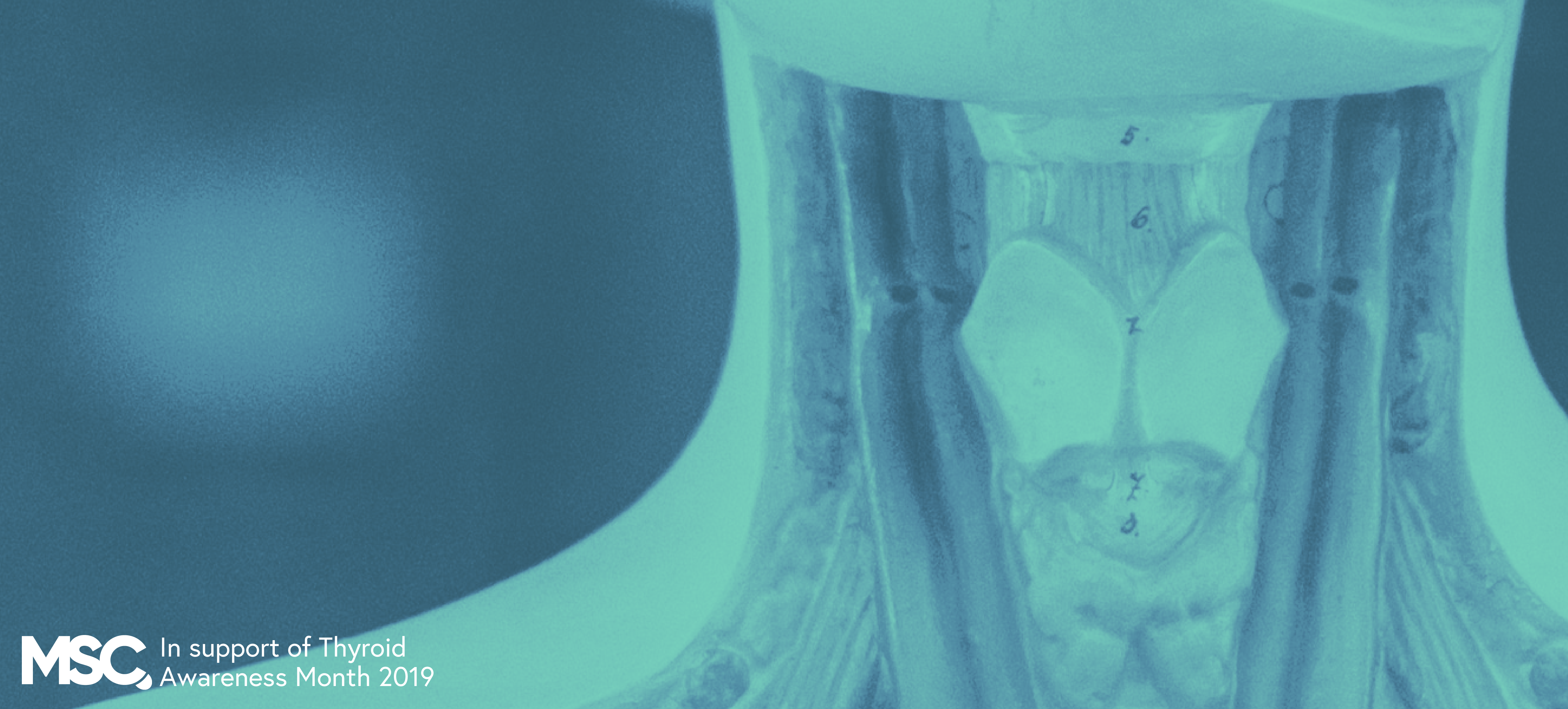February 14th marks Valentine’s day, a day traditionally dedicated to lovers and a day when a recent heartbreak may feel more painful than ever. A heartbreak, or ‘unwanted romantic breakup’ as research calls it, is one of the most painful experiences there is. But the silver lining is that pain is really ‘just’ a symptom modulated by the brain, meaning that it could be impacted by the placebo effect.
For as long as medicines have existed, there have been placebo treatments. A placebo is a treatment designed to simulate a medical intervention, but lacks a biological effect. In a primitive society, this could mean that the patient was ‘prescribed’ a month of being silent. In today’s society, however, it often refers to the administration of a sugar or dummy pill, mainly within the context of clinical drug trials. As a placebo treatment doesn’t affect the disease or injury in question, logic suggests that the treatment shouldn’t affect a patient’s symptoms. But it’s not that simple.
Why does the placebo effect work?
The placebo effect is, by now, a quite well-known term. It has been scientifically proven a number of times that even though the patient takes a dummy pill, they react as though (or close to) they’ve received the real medicine. The fact is that the placebo effect exists, however, exactly why it works remain ambiguous. The effect derives from both psychological and neurobiological mechanisms. One major part of the psychological mechanisms is expectations. We expect that a certain treatment will make us feel better and thus, it makes us feel better. Most likely, this effect is also reinforced by the people around you, who too believes that the treatment will work. However, there are also neurobiological mechanisms involved, where a 2015 study found that people with higher levels of dopamine or higher dopaminergic activity tend to be more likely to respond to placebo.
Why does the placebo effect work?
Exhaustive research on the subject of what conditions the placebo effect may influence has concluded that placebos mainly influence symptoms modulated by the brain. This refers to subjective and self-appraised symptoms such as pain, fatigue, nausea and hot flashes. Placebo treatments doesn’t, however, alter the pathophysiology of a disease, meaning that they rarely cure anything i.e. a placebo treatment cannot shrink a tumor nor restore damaged cells.
This means that the pain experienced in a heartbreak is just as real as the pain after breaking a leg.
How to mend a broken heart
In 2017, a group of researchers performed a study where they aimed to explore whether a placebo treatment could ease the pain of an unwanted romantic breakup. 40 volunteers were exposed to a photograph of their previous partner before and after being treated with a (placebo) nasal spray, which the researchers to half the group said had powerful properties for reducing emotional pain. Meanwhile, an MRI machine tracked the volunteers brain activity. The study found that, first of all, emotional pain was handled by the same parts of the brain as physical pain. This means that the pain experienced in a heartbreak is just as real as the pain after breaking a leg. Secondly, the researchers found that the group who believed that they were receiving a treatment that would reduce their emotional pain indeed experienced less pain. Additionally, the parts of the brain responsible for controlling pain were activated in this group.
According to the lead researcher, Leonie Koban, the implications of the study was not only a deepened understanding of the placebo effect but also that when it comes to heartbreak. Doing anything that you believe will help you feel better after a heartbreak will likely help you feel better according to a researcher specifically looking at the topic. Over the years, the placebo effect has been shown to reduce the difficulties experienced with asthma, diminish the pain of migraine and erase the pain of an injured knee. Since 2017, the pain of a heartbreak can be added to that list.
A final question about the placebo effect
But if the placebo effect is, at least partly, about expectations, won’t me knowing that it’s a placebo treatment hinder any placebo effects? Why would I expect it to work when I know that it doesn’t? Well, in a 2016 study from Harvard Medical School, researchers found that even when the patients knew that they were being treated with placebo, they still perceived an improvement of their symptoms. Fascinating, isn’t it?
Happy Valentine’s Day!



